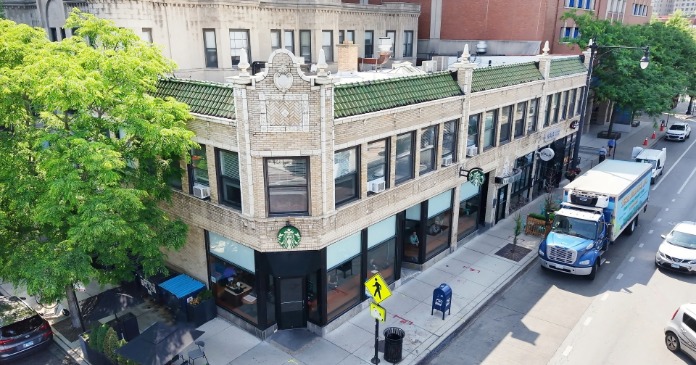There’s nothing wrong with expecting excellence, and taking steps to get it. The problem is, we tend to take excellence—and thoughtfulness, and kindness, and joyfulness—for granted.
When things go as we expect, we don’t even notice or acknowledge it. Dennis Prager refers to this as the “broken tile” syndrome: look at a ceiling with one broken tile, and where is your eye naturally drawn? To the broken tile, of course. Not to the hundreds of whole ones.
To see if this is true for you, think for a moment about your many contributions to the people around you. Do you get thanked enough for them? Does the gratitude-to-criticism ratio you experience feel right to you?
Gratitude deficit disorder: a global epidemic
Almost everyone I know, from pastors to parents, from cashiers to carpet cleaners, from architects to accountants, suffers from GDD: Gratitude Deficit Disorder. Despite all our good intentions and actions, we receive much more flak than gratitude. We are hungry for genuine appreciation and thanks. We want to know that we matter, that our efforts are making the world a better place.
And so do your customers and vendors and coworkers and friends and family. Think back on the past year. It’s been tough for many of us, for many reasons. What have your business associates done that you are truly thankful for? An extra phone call? A volunteer effort? Special customer service? An unsolicited referral or testimonial?
Between now and the end of the year, how can you communicate your appreciation? How can you fill the global hunger for gratitude? How can you catch people in the act of goodness? Spend five minutes now making a list of people you are sincerely grateful towards. Then create an action plan to communicate your thanks, with no hidden agenda.
Real gratitude, not opportunistic holiday BS
I’m not talking about Thanksgiving sales fliers: “To thank you for your patronage, we’re giving you 10 percent off all XXXL purple dress shirts from now until we make our sales quota.”
No, I’m talking about honest, unselfish, respectful acknowledgment of another human being. Actually, I take that back—partly. Living gratefully is probably the most selfish thing you can do. In the moments when I am bathed in gratitude, for a caring gesture or a spectacular autumn morning, I feel phenomenal.
And you can take that selfishness even further: When people notice that you thank them for their efforts, they’ll naturally work even harder to please you in the future. They may even start thanking you for your good work.
Do you think it’s possible that communicating an attitude of gratitude in your business could actually make you more money? Remember the cardinal rule of business: “Find a need and fill it.”
I wish you a holiday season filled with abundance-lots of love, lots of kindness, and lots of gratitude.
Author: Howie Jacobson, FT blogger
















